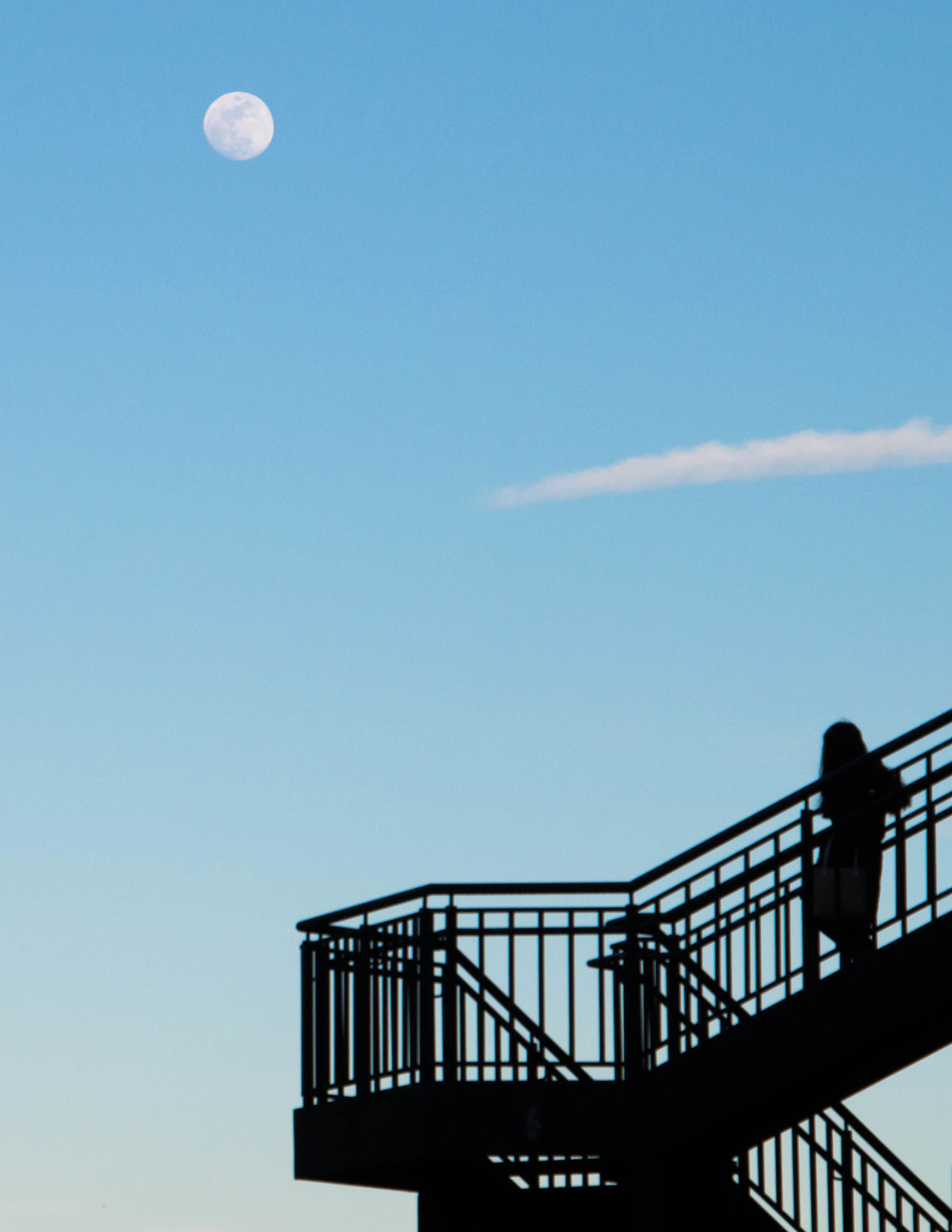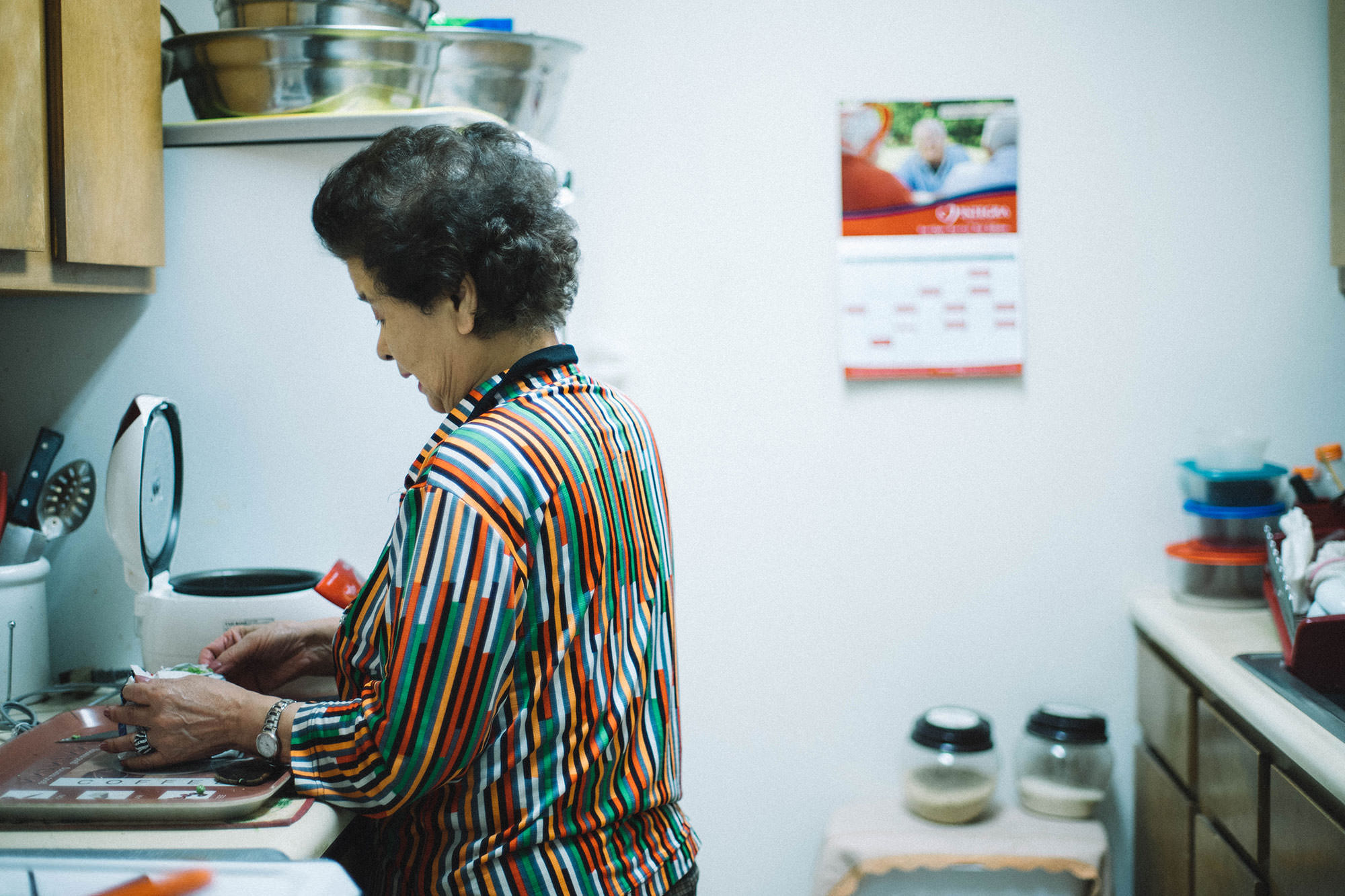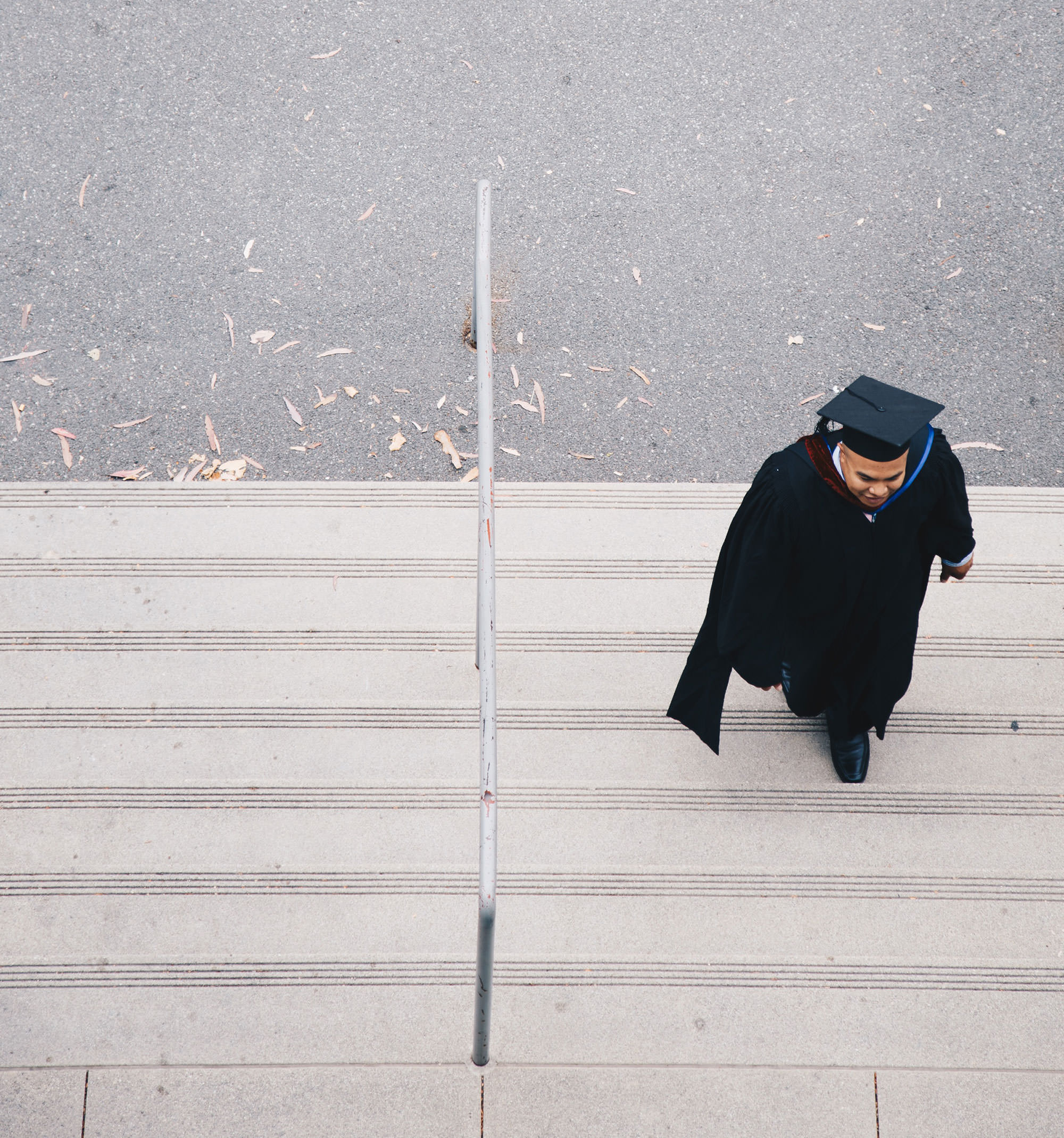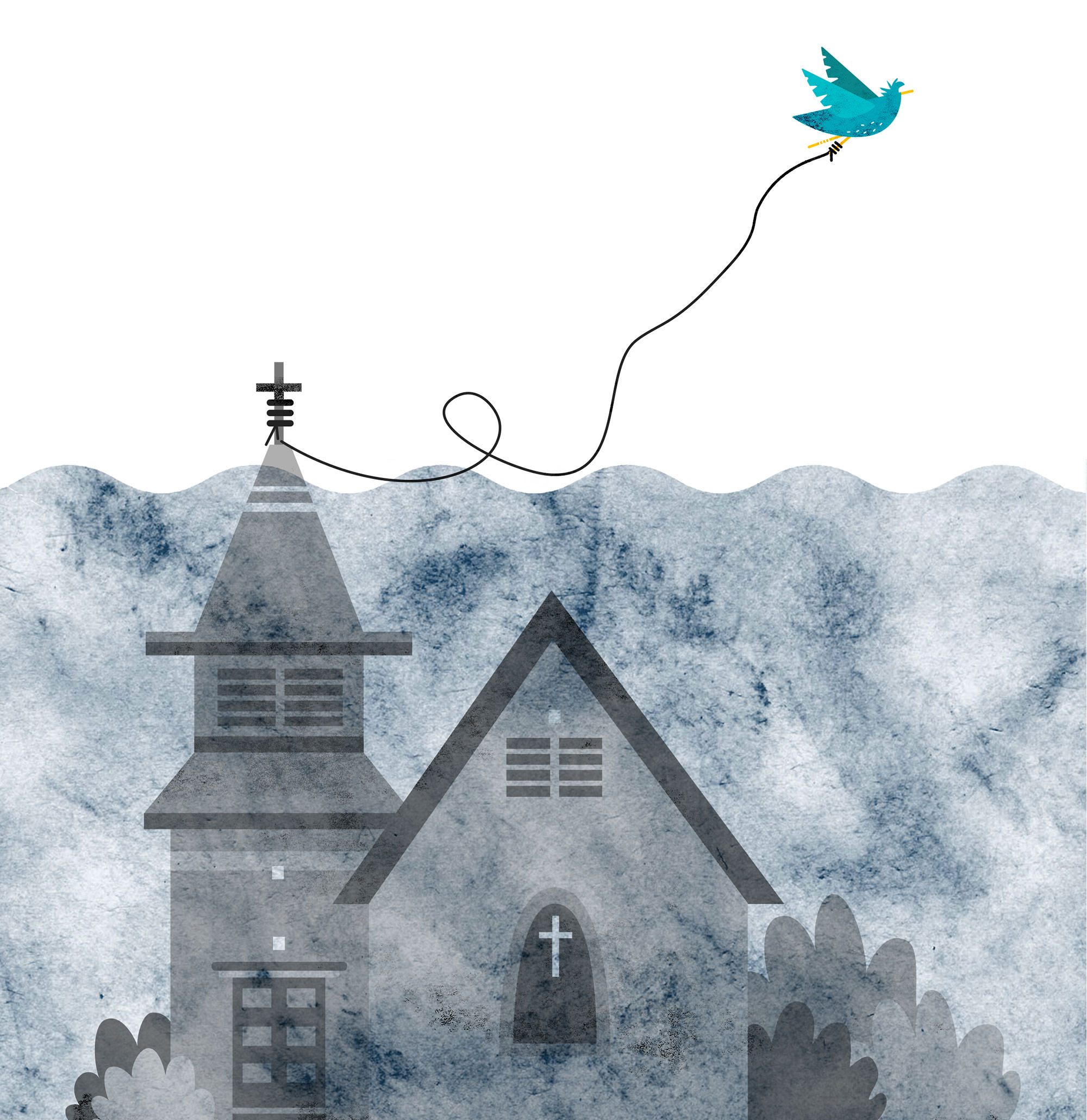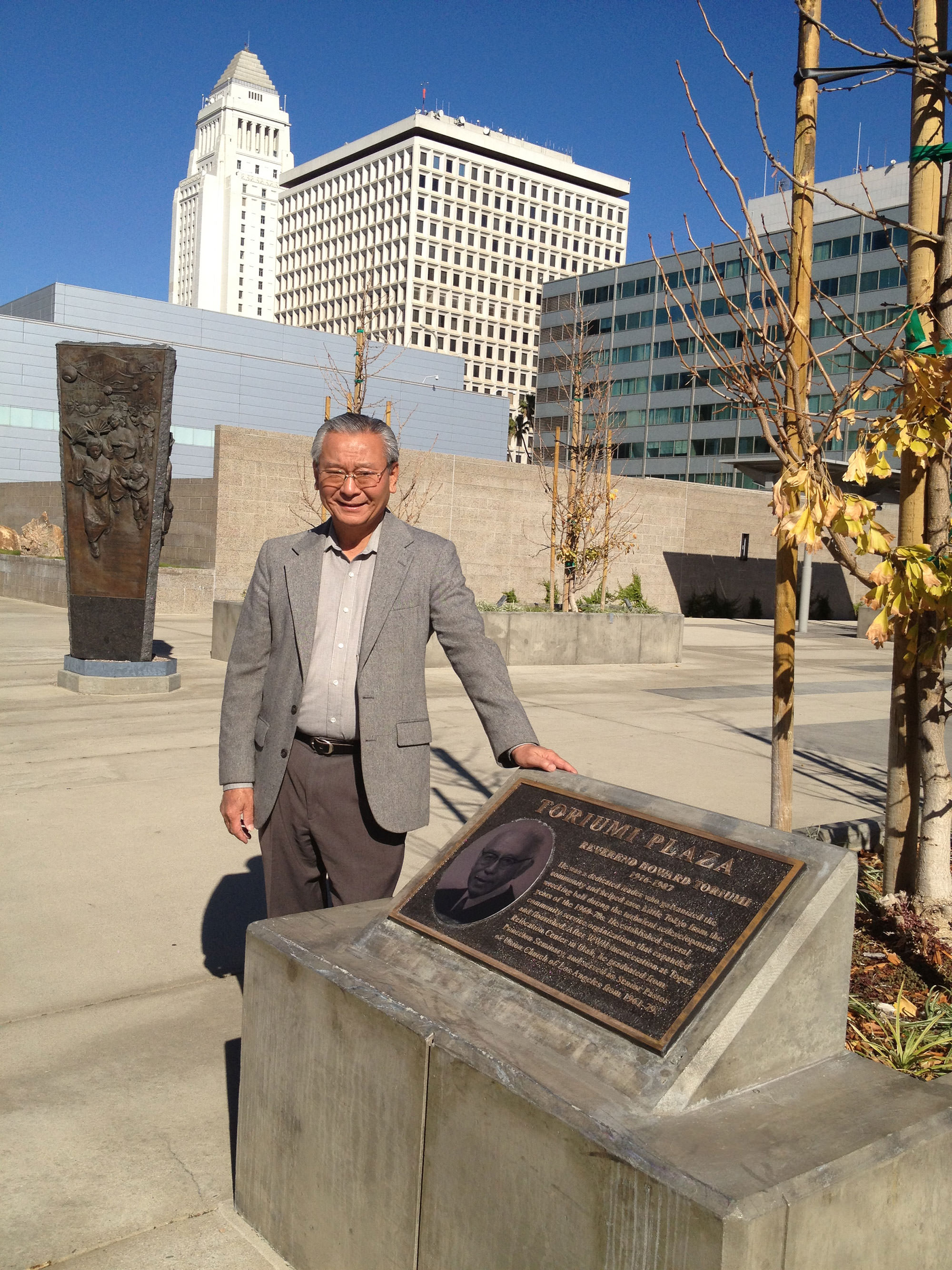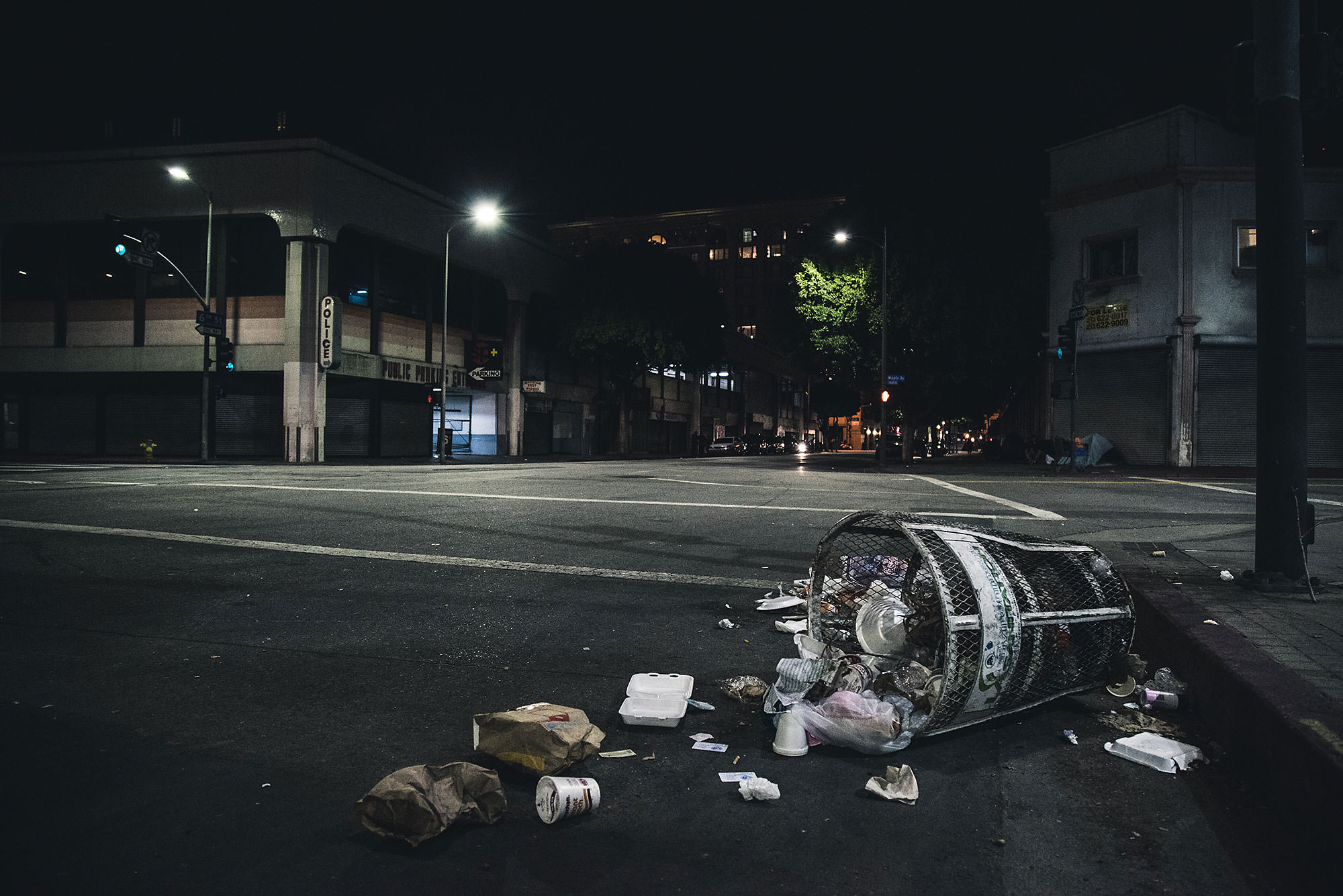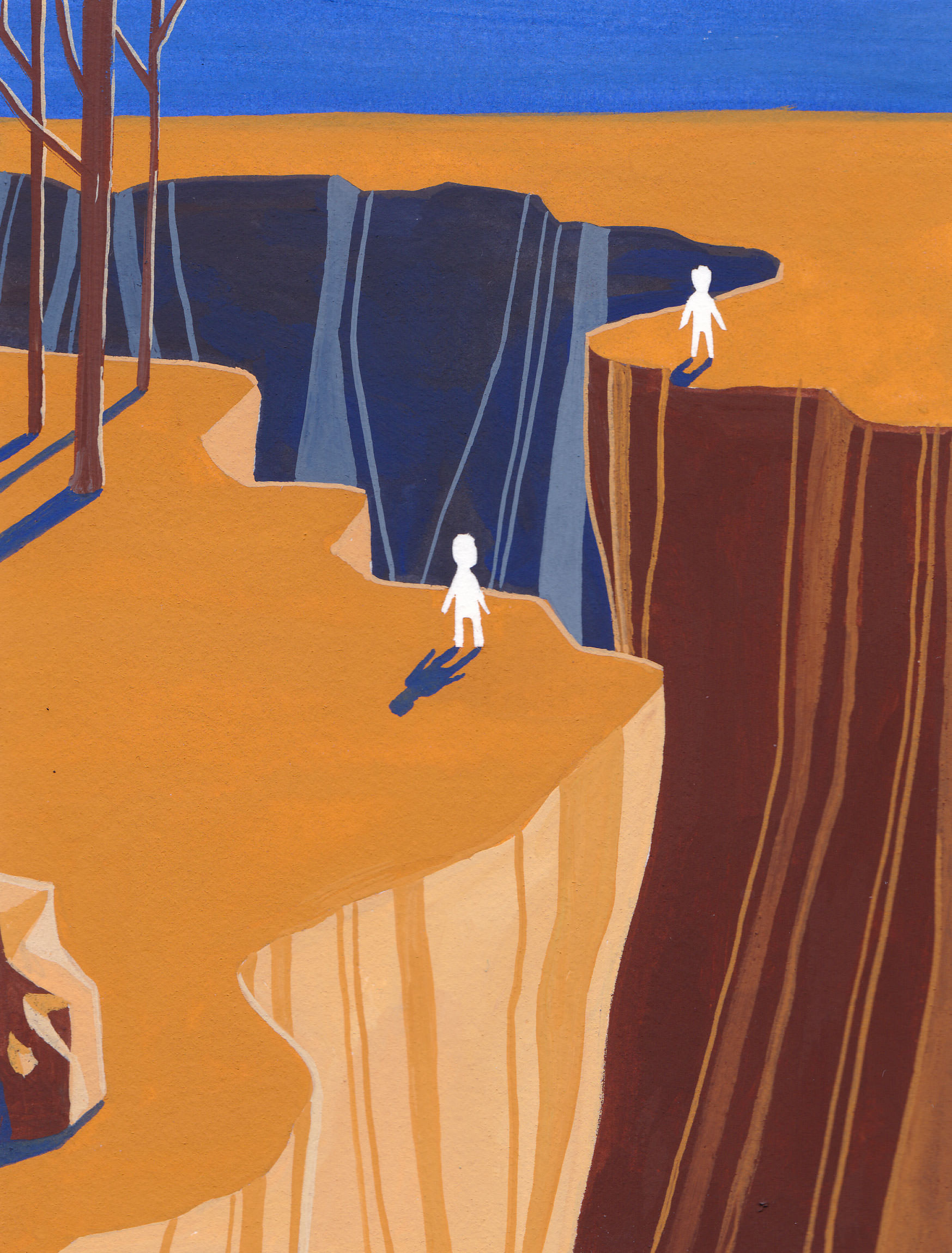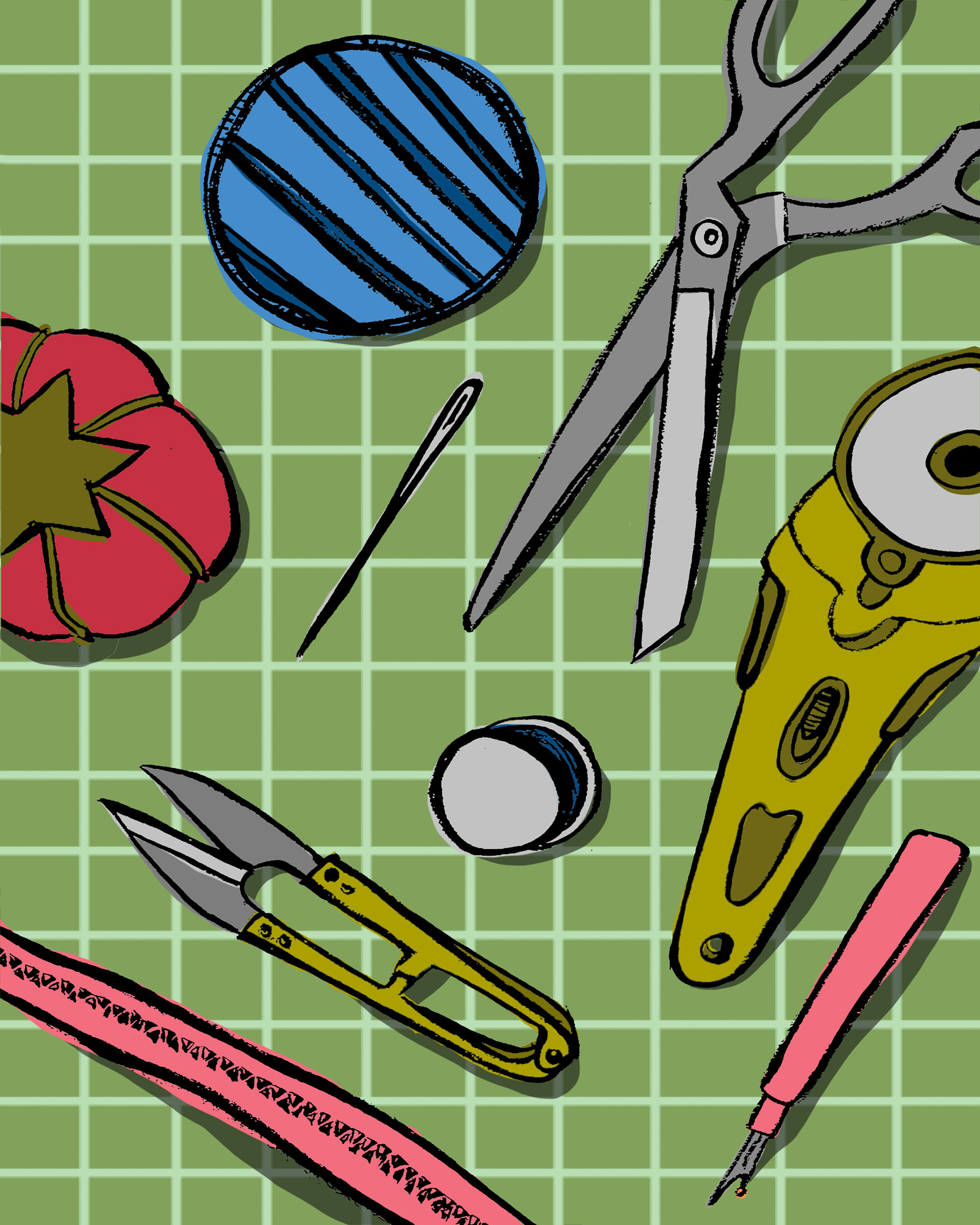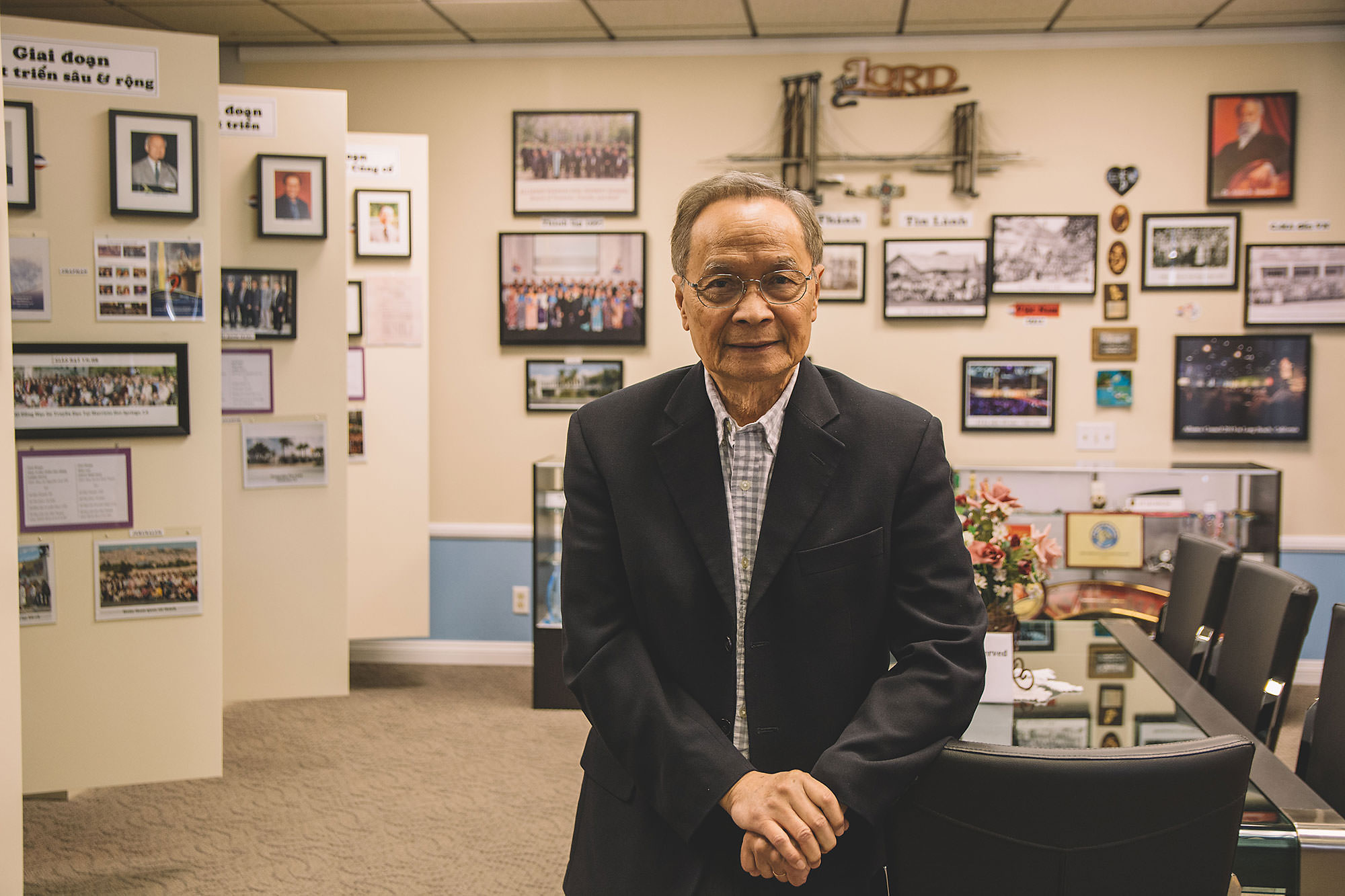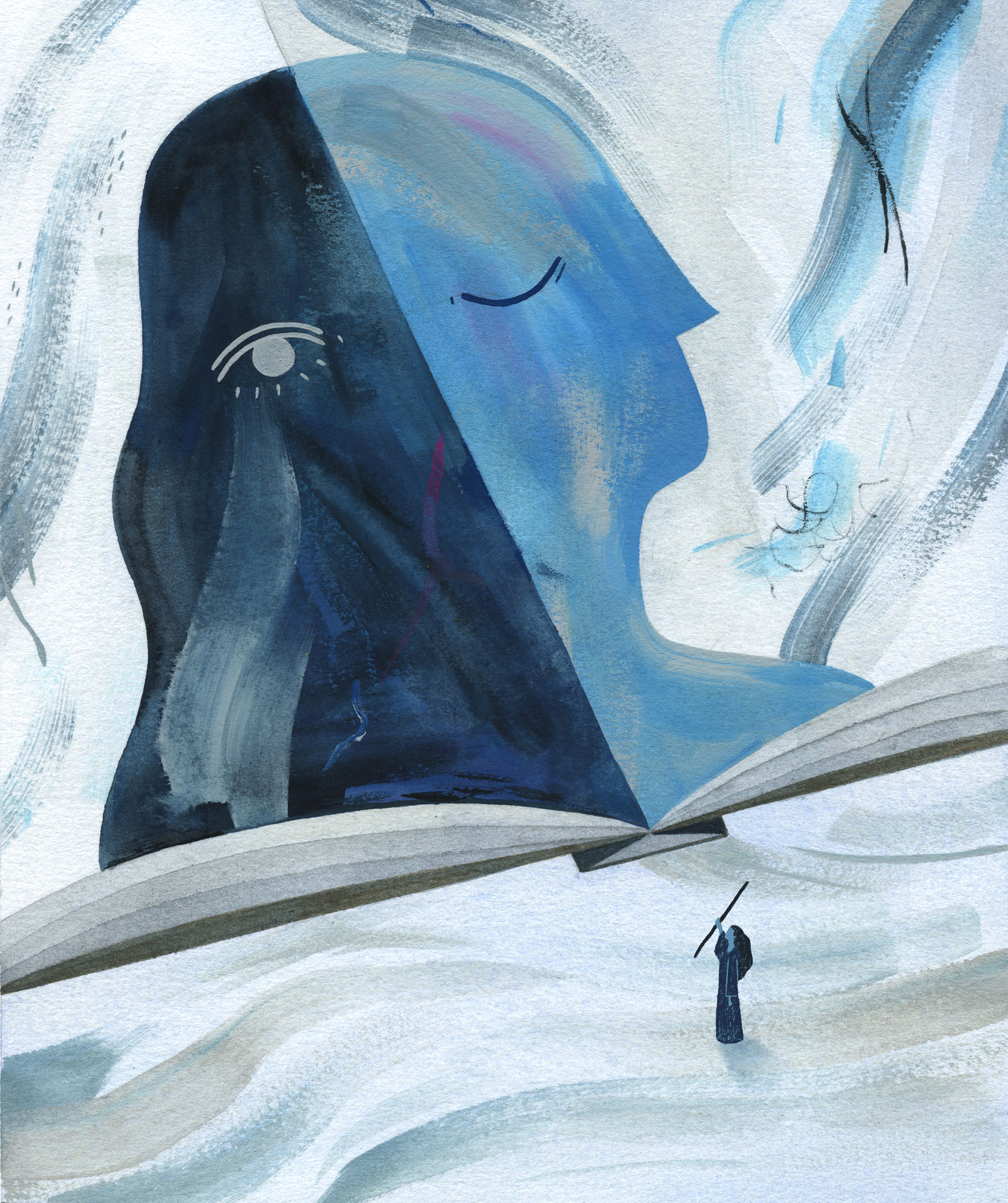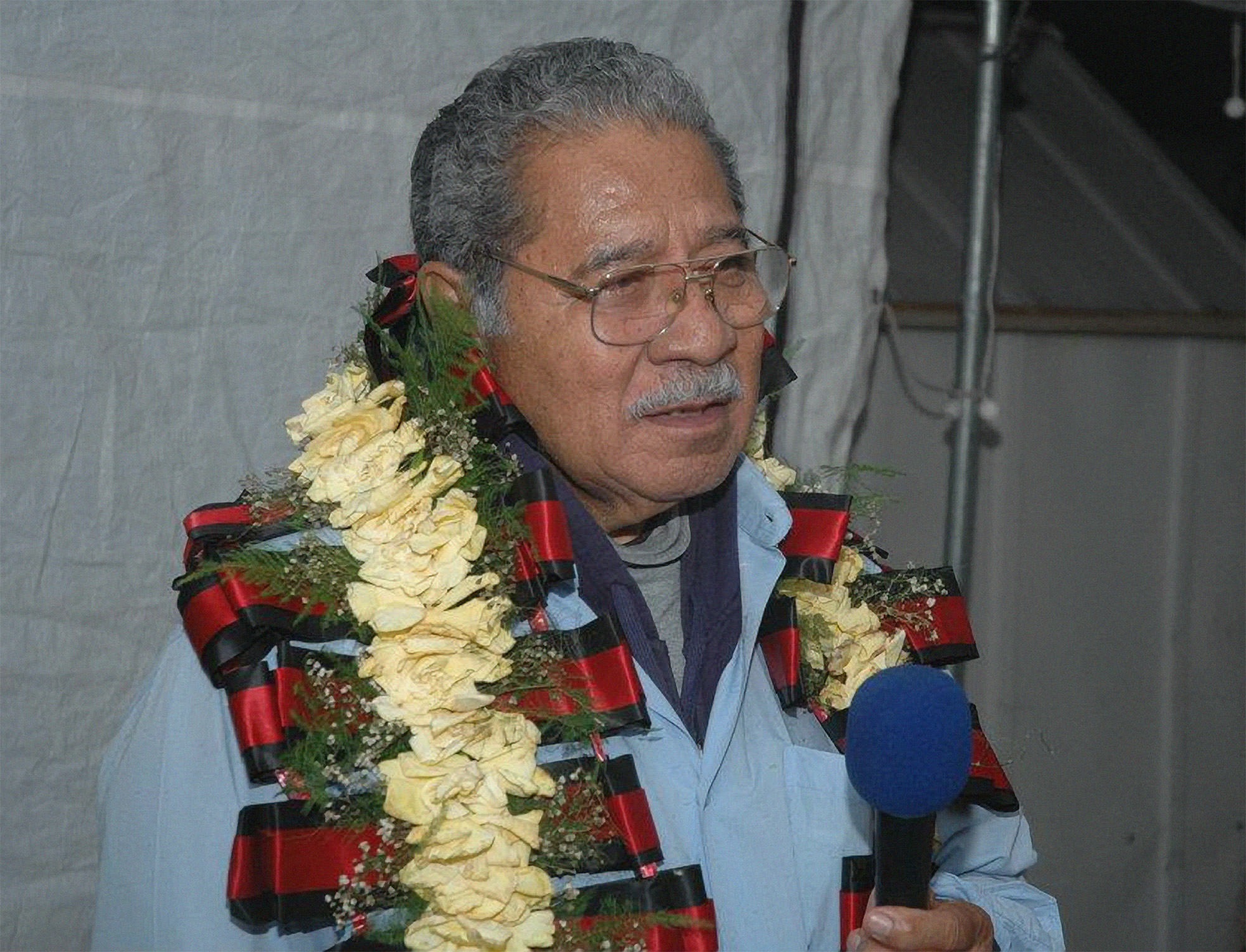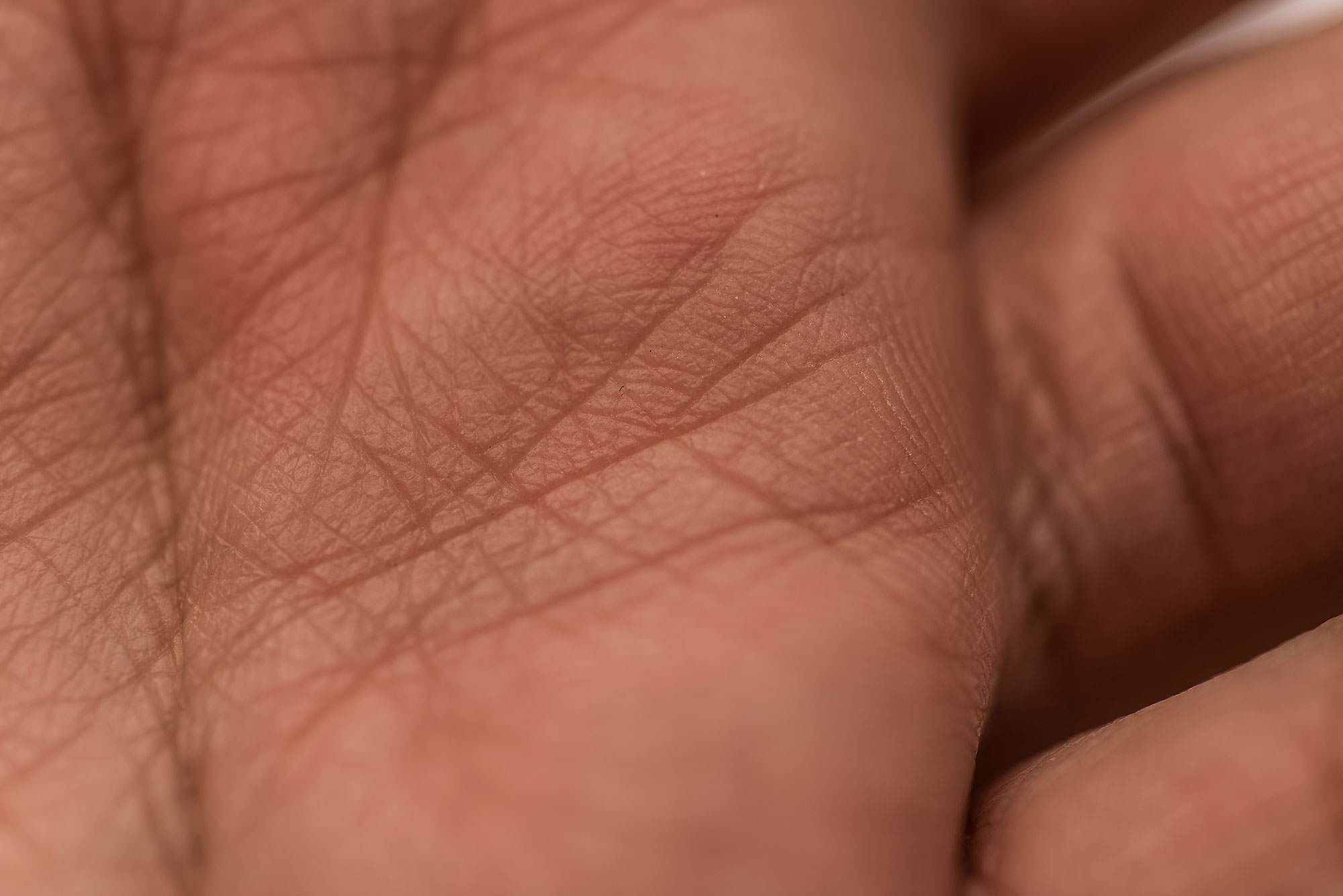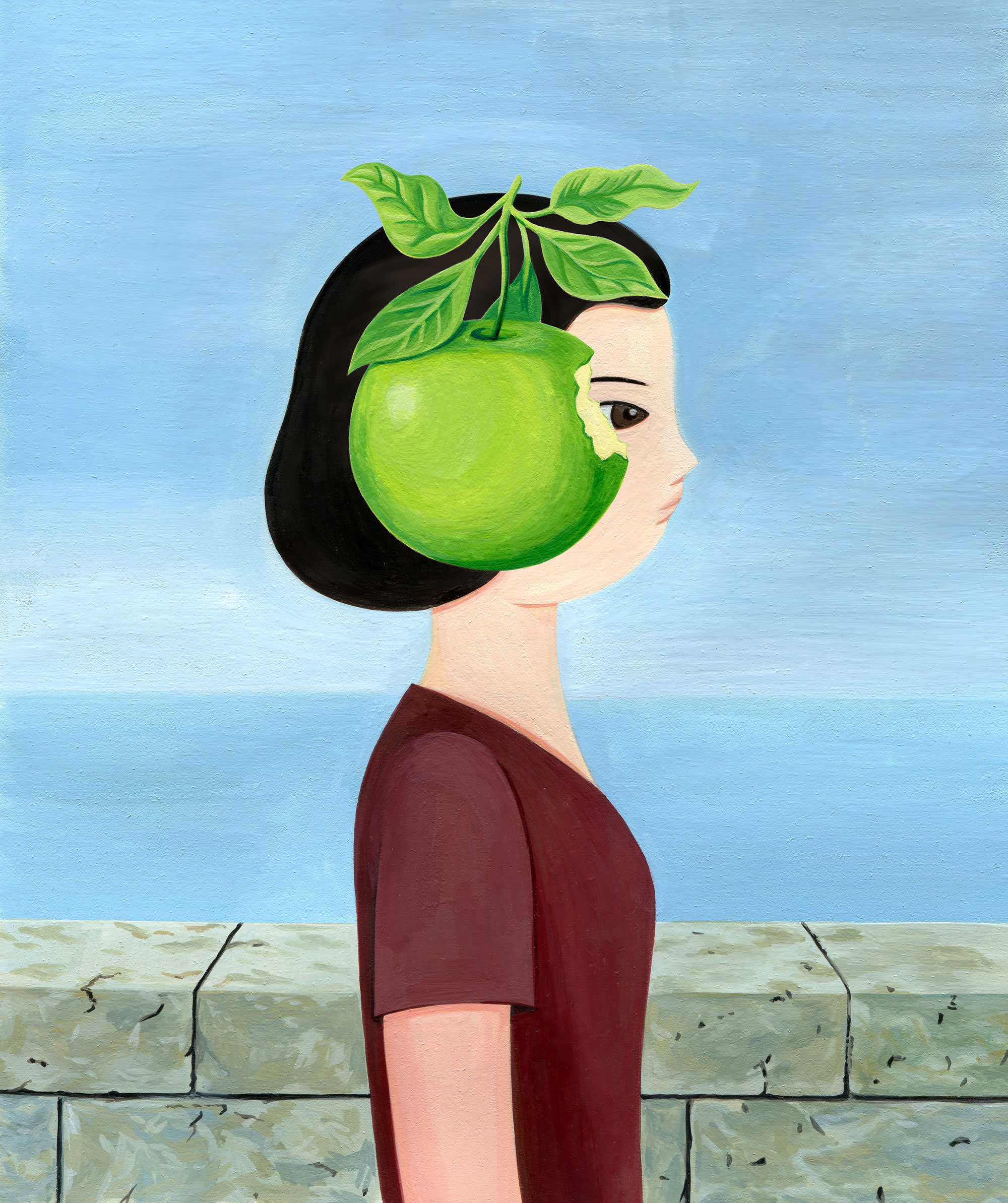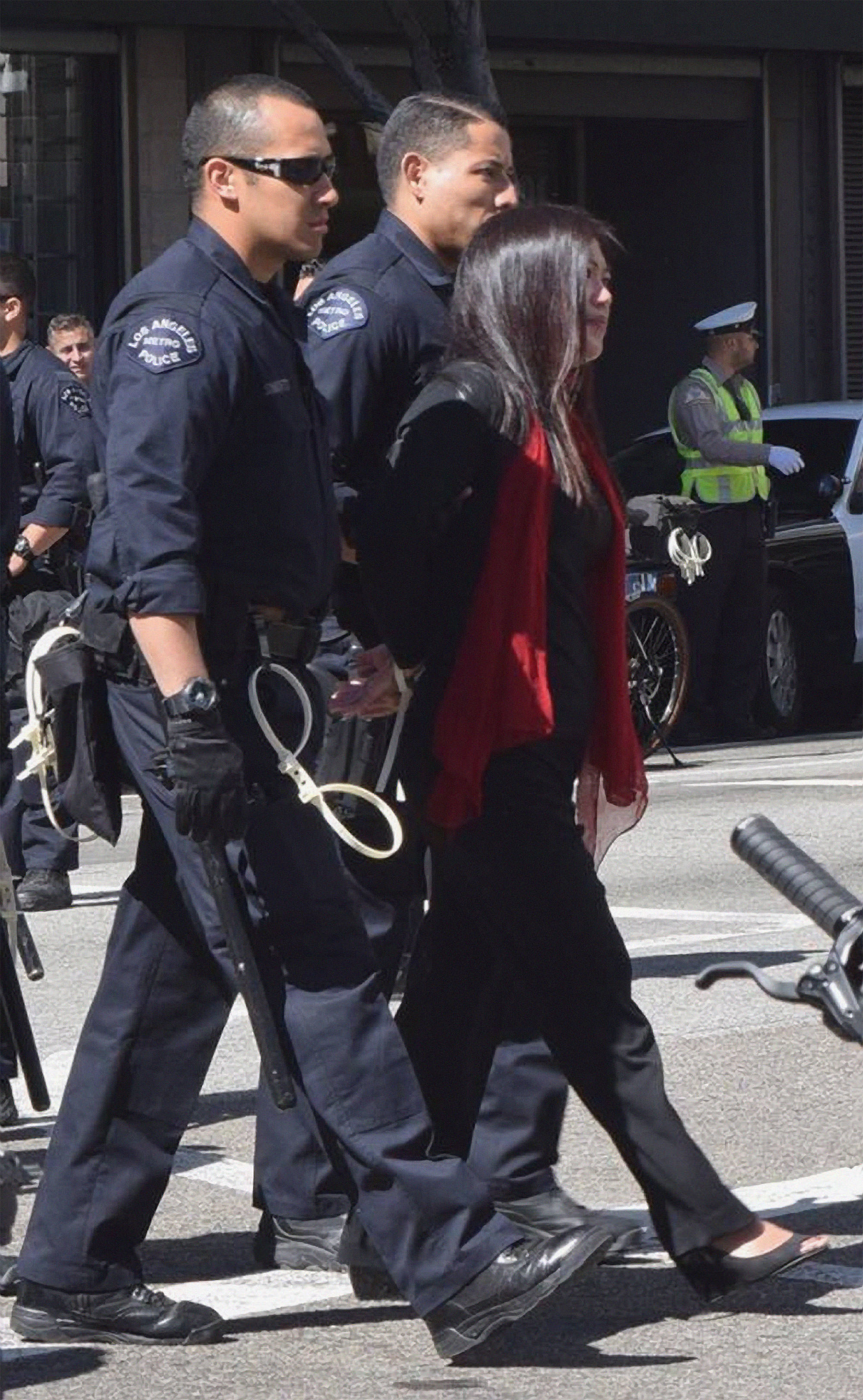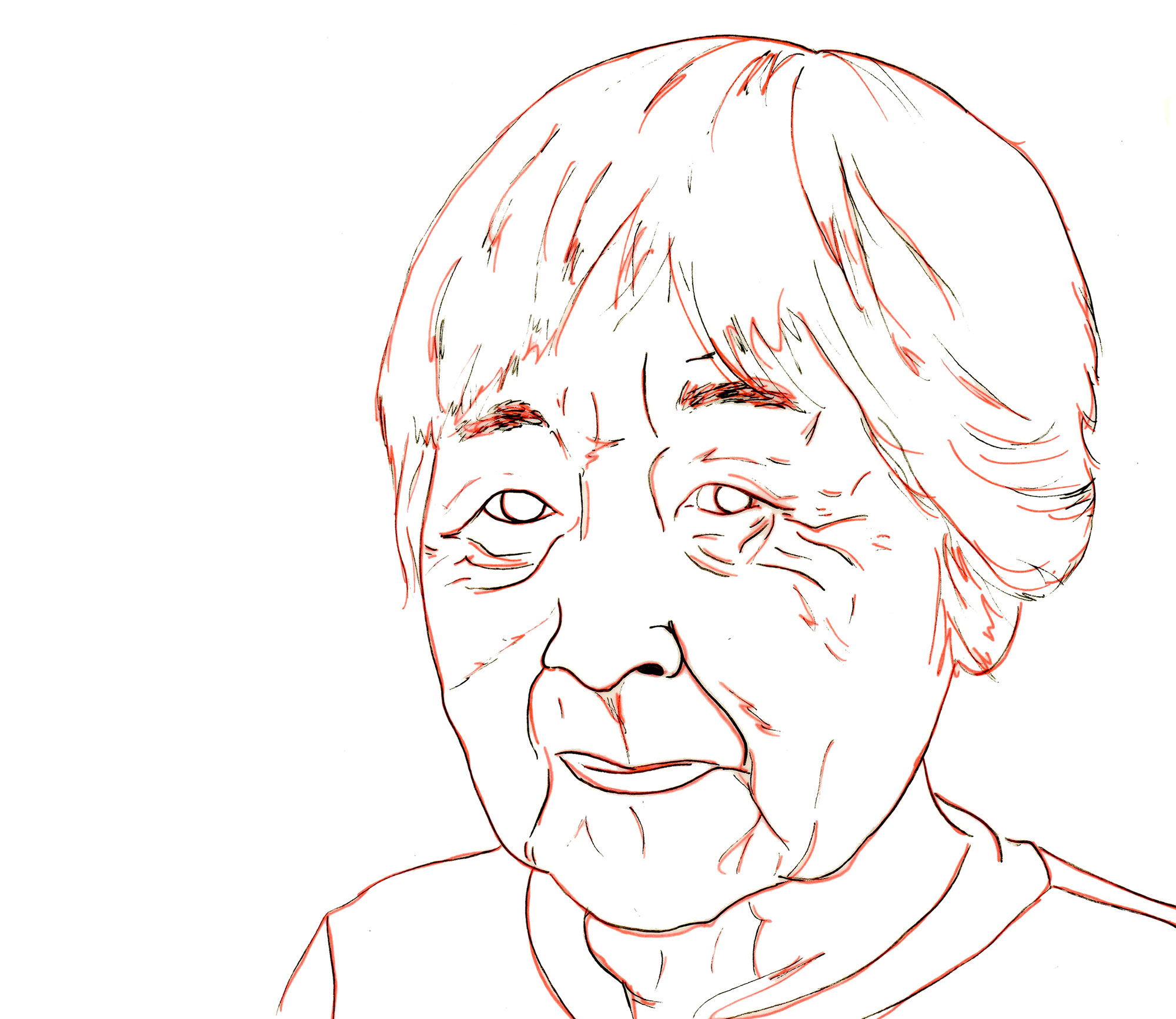
The Power Within to Create the World Anew
Sharing people’s stories is a communal opportunity to acknowledge the ways in which we are both strong and weak, loud and voiceless.
Surveys agree: The first year of marriage is one of the hardest. Whether it’s getting used to living with another person or working out new financial priorities, it’s no wonder that the first year can sometimes feel like the opposite of marital bliss. For my partner and me, one of the recurring themes of adjustment was division of labor.
We moved across the country for my partner to pursue a program at Union Theological Seminary in New York City. Given that her school schedule was more erratic and mine more flexible, I took on the bulk of the cooking duties, dishwashing, and dog walking.
In indirect and passive-aggressive ways, I often made it known that I felt slighted and annoyed. I was already the primary breadwinner of the family — did I also have to do all of the chores as well? My partner firmly reminded me that she regularly swept the floors and did all the laundry. And that she had offered to wash dishes before, but I was very particular in how they were to be done and often dismissed her offers.
Wallowing in my self-pity, all I could see were my seemingly endless list of chores. I needed reminders that things could be seen differently.
Recently, I was introduced to a way of reading Jesus’ parable of the talents; rather than seeing the first two servants as role models, this interpretation highlights the third servant who did nothing with the money entrusted to him. It takes seriously the servant’s accusation of the master: “I was afraid of you because you are a stern man. You withdraw what you haven’t deposited and you harvest what you haven’t planted” (Luke 19:21 CEB).
I always felt uneasy with messages that either neatly summarized the passage as a lesson in being faithful with small things so that God would entrust us with more as reward, or conflated this king with God, since the passage said that the king’s citizens hated him (v. 14).
In light of the social context of the parable (first century Palestine), and the historical expectations of the people (that God would overthrow the Roman Empire and restore Israel to military power), could it be that this passage was more so an indictment against the tempting powers of empire? Could it be that the protagonist is actually the third servant who resists an evil king, and subverts the king’s plans to mistreat his enemies?
When it comes to talking about power and issues surrounding privilege and fairness, it’s a complicated task. It’s easy to point to one facet of a problem without recognizing how multiple factors are at play. We may be working toward equity in one area, but may still be complicit in other oppressive systems and structures.
Sharing people’s stories is a communal opportunity to acknowledge the ways in which we are both strong and weak, loud and voiceless. I hope the stories in this issue offer resonances and provocations for new interpretations and considerations on power and privilege.
